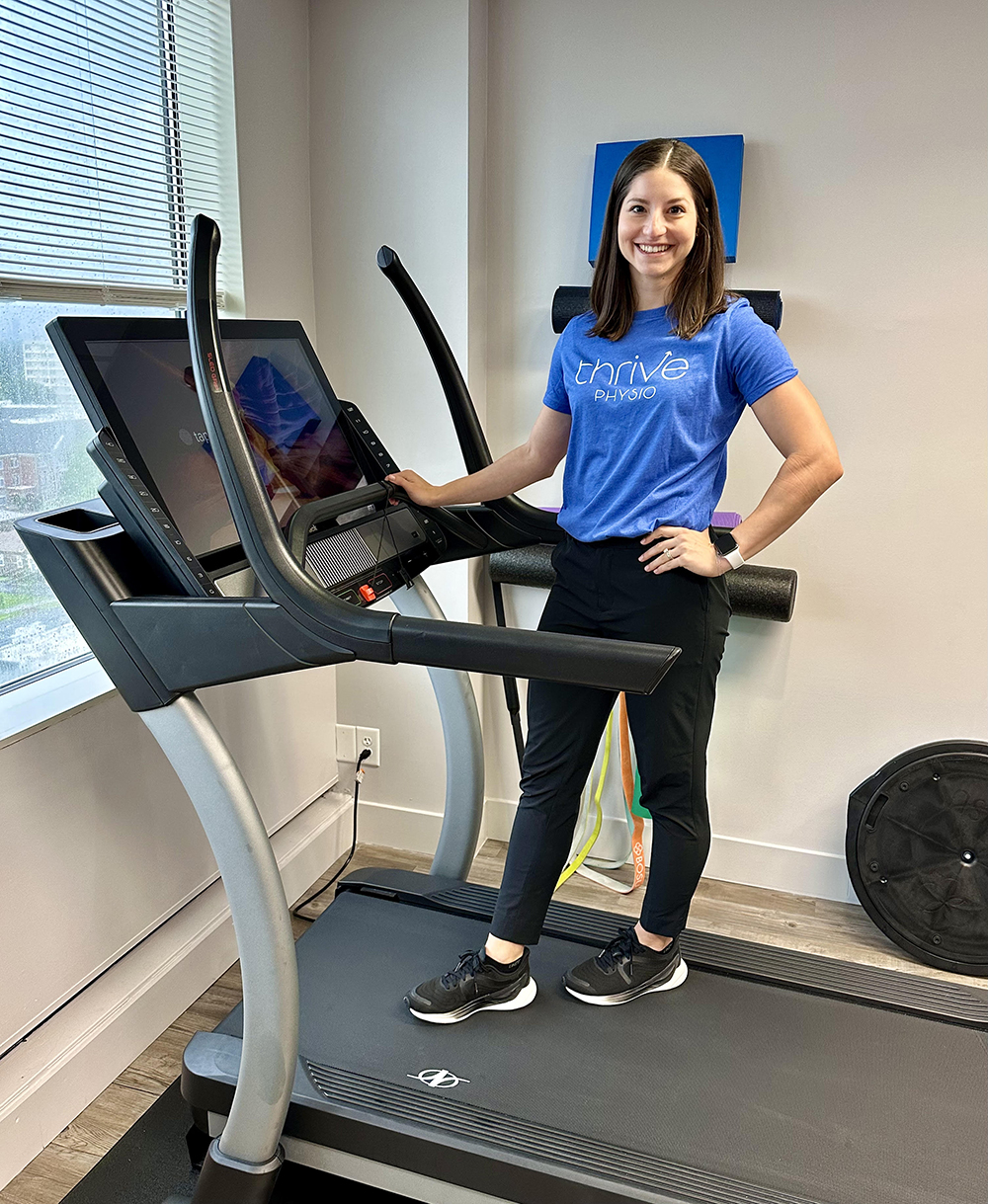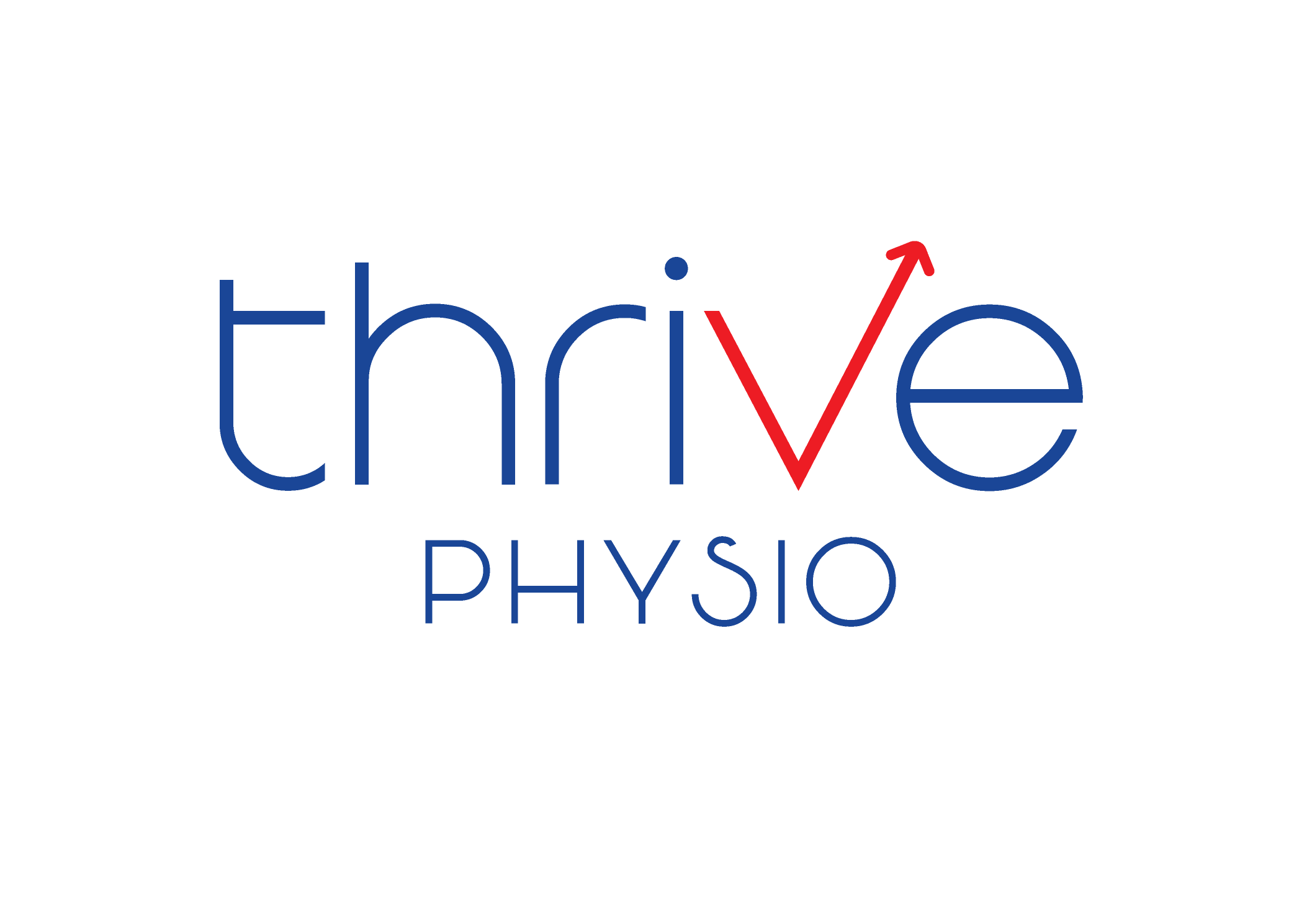

Atlanta Running Analysis Program
- 3 visits
- Cost: $665
What is a Running Analysis?
-
Evaluate your gait and running mechanics on a treadmill with video analysis
-
Evaluate your mobility and stability in relation to your gait
-
Provide detailed analysis of your running mechanics and recommendations on how to improve your form
-
Provide a home program designed to address any existing deficits, or prevent potential issues based on the assessment
-
Answer any questions you have to empower you on your quest to happy running!
-
Re-assess progress made toward your running goals
-
Provide an additional preventative exercise plan for a longer, healthier running career
What will we be doing each visit?
-
Discuss your running experience, shoewear, injury history, training schedule and goals, success and challenges with running thus far
-
Perform an objective assessment to measure your mobility, flexibility, strength, stability, balance, dynamic control and power
-
Film your running form with multiple angles
-
Measure cadence
-
Provide initial insight into form corrections
-
Summarize objective findings
-
Review running video together and discuss relevant findings
-
Review most important wins/areas for improvement in the objective assessment
-
Provide written report of findings for you to utilize in your training or share with other providers/trainers/coaches
-
Provide written and video home exercise program to address deficits and prevent injury
-
Discuss plan and need for future follow up
-
4-6 weeks after Visit 2
-
Answer questions about your home program and running status
-
Troubleshoot any challenges that have arisen
-
Reassess running form to determine progress/changes from initial visit
-
Reassess key objective measures to determine progress/changes from initial visit
-
Prescribe updated preventative home program
Who would benefit from a Running Analysis?
-
A new runner hoping to start out on the right foot- literally!
-
An experienced runner looking to prevent injury
-
A new or experienced runner experiencing pain limiting your training
-
A new or experienced runner who has plateaued in your training and are unsure how to take that next step
-
A long time runner hoping never to have to quit- let’s keep you out there!
Can I submit my running analysis visits to my insurance?
From an insurance standpoint, running analysis visits are treated the same way as other physical therapy visits at Thrive Physio. We are an out of network provider which means payment is collected at the time this program is purchased. Upon request, we can prepare a superbill for you after each visit to submit to your insurance company for reimbursement. This reimbursement or application toward your deductible is completely dependent on your individual insurance plan.

Free 15-minute phone consultation
Not sure if Thrive Physio has what you need? Schedule a 15-minute free phone consultation to discuss! If we aren’t the best fit, we will help get you where you need to go.
Common diagnoses treated:
*This is not an exhaustive list of diagnoses we treat at Thrive Physio. It is a list of common diagnoses we see and frequently treat. If you do not see your diagnosis on this list, please contact us to discuss your diagnosis and available treatment options.
Low back pain
- Sprains and strains
- Disc injuries
- Sciatica
Neck pain and headaches
- Sprains and strains
- Whiplash
- Disc injuries
- Cervicogenic headaches
TMJ dysfunction and jaw pain
- Sprains and strains
- Whiplash
- Disc injuries
- Cervicogenic headaches
Shoulder pain
- Rotator cuff dysfunction
- Impingement
- Frozen shoulder
- Instability
Elbow pain
- Tennis elbow
- Golfer’s elbow
- Nerve entrapments
Hip pain
- Impingement
- Bursitis
- Tendonitis/tendinopathy
- Labral tears
- Arthritis
Knee pain
- ACL reconstruction and injury prevention
- Patellofemoral pain syndrome
- Runner’s knee
- IT band syndrome
- Meniscus tears
- Arthritis
Foot and ankle pain
- Ankle sprains
- Plantar fasciitis
- Big toe dysfunction
Treatment tools used:
Dry needling
Insertion of a solid filament needle into dysfunctional muscles to release them, reset them to decrease tightness and improve coordination- Want more information? Read Elizabeth’s blog “What is Dry Needling?”
Redcord suspension training
A system of bungees and cords used to help identify neuromuscular imbalances and improve muscle coordination and balance
Soft tissue mobilization
Manually working on muscles, tendons, ligaments and fascia to reset the nervous system and decrease pain
Joint mobilization and manipulation
Address joint restriction with hands-on techniques to improve mobility, reset nervous system and decrease pain
Cupping
Glass cups are applied to the skin to lift skin and fascia away from underlying muscle tissue, improving blood and lymphatic flow for expedited healing and pain relief
Kinesiotaping
Application of light, stretchy tape to body regions to improve proprioception in the area, provide support and decrease swelling or bruising
Blood Flow Restriction training
Brief, intermittent occlusion of venous blood flow using a tourniquet while exercising. The patient can get the strength benefits of a higher load but actually using a lower load to avoid tissue strain- Want more information? Read Elizabeth’s blog “Why Blood Flow Restriction training?”
Neuromuscular Re-education
Retraining muscle activation and movement patterns to help decrease overworking of muscles while improving the firing of underactive muscles to reset the balance and coordination of the body
Therapeutic exercise prescription
Individualized exercises to help maintain the gains achieved in a session- aimed at improving mobility, stability, muscle coordination, strength, endurance, power, balance, functional strength
Selective Functional Movement Assessment (SFMA)
A specific, systematic way of analyzing movement to see limitations and identify which body segment is contributing to these limitations
Ergonomic Assessment
Assessment of client at their work to determine contribution of desk or workstation to client’s symptoms
Postural Assessment
Assessment of client’s static and dynamic posture to determine contribution of posture habits to client’s symptoms
Client education
Unpacking habits, work set up and ergonomics, current activities and exercise, sleep patterns, etc to determine their contribution to client’s complaint and provide education on modifications to improve response to treatment and/or prevent recurrence

